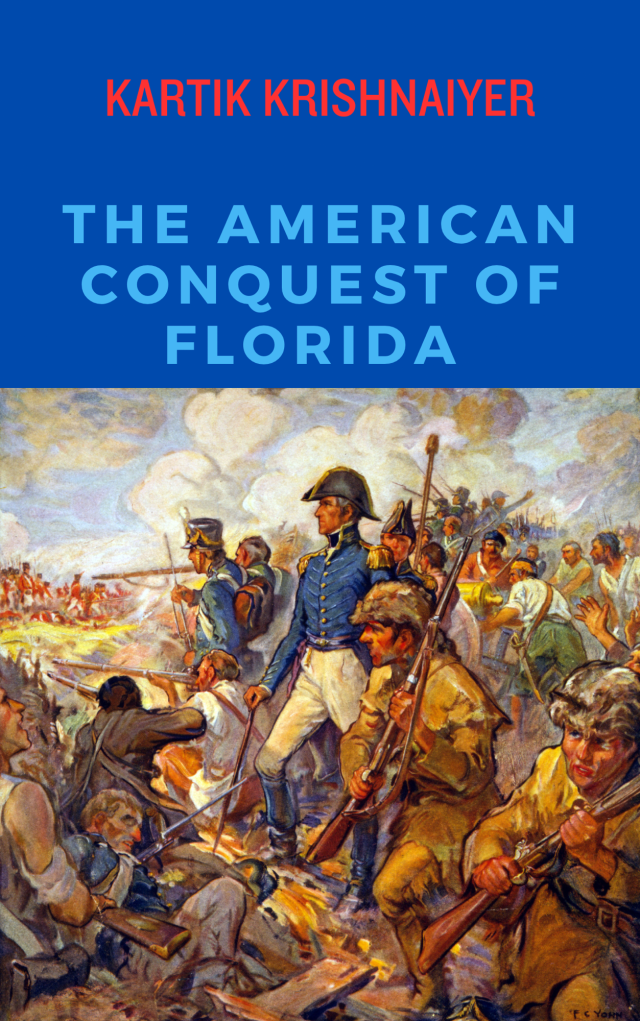Editors Note: Today we begin a three part series on School “Choice” legislation.
This week Senate Democrats all but conceded defeat in the fight to stop the infamous “Parent trigger” bill since the dynamics of the Senate have changed with moderate, free thinking Republicans replaced
Jeb Bush left the Governor’s office over six years ago, yet his influence continues to dominate the legislative agenda of the state GOP. Last year’s razor thin defeat of the “Parent Trigger” bill gave progressives a rare legislative victory but that was just the latest salvo in a nearly two decade battle to save Florida’s schools from Jeb Bush’s political agenda.
The national and state media often gave Jeb Bush credit for being wonkier on policy, especially when compared to his older brother George W. Bush. But the reality is that Florida’s Bush took a page out of Karl Rove’s Texas playbook. In Texas, Rove worked with Republican legislators and statewide officials to curb the power and influence of the trial lawyers, whose campaign contributions kept the Democrats competitive against the corporate funded GOP. Defunding the left was the mantra and in Florida, the younger Bush repeated the trick by curbing the power, influence and ultimately the spirit of the trial lawyers and the teachers unions. In this piece we’ll focus on the efforts to undo the power of the teachers union.
In fact, Bush has been the 1,000,000 pound gorilla in Florida Republican politics for almost 20 years. His continued obsession with school “choice” and other schemes that weaken public schools have became the default Republican education agenda, while right wing think tanks continue to cite Florida as the model for other states in education policy.
Jeb Bush’s push for school choice began in the mid 1990s after his loss to Democrat Lawton Chiles in the 1994 General Election. Bush advocated school vouchers in the 1994 campaign, but it was just one of many platform items that were buried in a campaign where the GOP cynically attacked Governor Chiles on a number of issues. Bush lost in the most Republican election cycle since 1952 largely because he was perceived, despite his family’s centrist reputation, as a hard core right winger.
Bush, ever the politician, looked to remake his image in a “kinder gentler way” as a true Bush scion, and used Educational interest as a way to moderate his image. Bush began the Foundation for Florida’s future, a conservative think tank focused heavily on Education policy. Along with Miami Urban League President T. Willard Fair, Bush began Florida’s first charter school after the Legislature approved charter schools. This for profit school was strongly supported by Jon Hage, the nation’s most vocal for-profit school advocate, and a Bush family partisan. Hage now manages Charter School USA which manages multiple charter schools in Florida, thanks to the indulgence of the legislature and recently started three schools in Indiana.
The ultimate goals of school vouchers are to break the power of the Teachers Union, funnel taxpayer money to for-profit institutions and to interject religion into publicly financed educational programs. Vouchers represent the perfect conservative three PAC: Busting unions, helping corporations and pushing religion into the public arena.
When Bush was elected in 1998, he made school vouchers and tort reform his two biggest priorities. Both were done for overtly political reasons. In an era when the national mainstream media was more easily fooled by conservative revolutionaries like Newt Gingrich, Bush’s agenda was often discussed in non-ideological terms. The conservative press led by the Weekly Standard and National Review made Bush’s 1998 campaign the poster child for a new type of conservatism. These publications touted Florida’s low education rankings and boasted that Bush’s efforts to curb the influence of the unions would markedly improve Florida’s education and would prove to be a model for the nation.
During the 1999 Legislative session, Bush demanded and received lock step conformity from previously moderate Republicans on issues like tort reform, standardized testing and vouchers. The mantra was to support the new Governor and Republicans checked their long standing and well founded concerns about the ideological legislation at the door. Dozens of GOP legislators did just this and allowed Bush to remake Florida’s schools.
Curbing the power of the teachers unions also extended to remaking Florida’s colleges. Led by Phil Handy, Bush and partisan legislature totally revamped the Department of Education and Administration of the Florida’s Colleges and Universities. The result has been the appointment of more and more political cronies to the highest positions at our colleges and plummeting national rankings for our public universities.
As Florida’s education ratings continued to struggle, and morale among teachers sagged, many moderate Republicans began to openly question Bush’s education policy, and passing increased voucher legislation became trickier in the Florida Senate. Eventually, Bush and his advisers created primaries or other roadblocks for dissident Republicans. Often in his second term, Bush would rely on Democrats in the State Senate to provide key votes to keep his ideology based agenda moving forward. Still Jeb Bush, a transplanted Floridian with minimal government experience before his election, learned the lesson that Democratic governors of yesteryear knew: the power of the Florida Senate is supreme when it exerts itself.
While Bush’s power was waning in the Capitol, the influence of his surrogates grew throughout the state. The Foundation for Florida’s Future, James Madison Institute, and other right wing advocacy groups masking as think tanks or grassroots activist led organizations worked to put in place an infrastructure for conservative educational reforms that was indestructible in the state. On the national level, All Children Matter, ALEC and other groups contributed to this cause.
Charlie Crist, a self styled moderate whose real agenda was maintaining popularity statewide sensed Bush’s education agenda didn’t have the support of the masses and partially (but not totally) dispensed with it, even vetoing a dangerous bill regarding teacher tenure. It was that veto that hastened Crist’s departure from the GOP and his Gubernatorial tenure ended as an Independent aligned with centrists of both parties in the Florida Senate and Democratic activists in southeast Florida.
While Crist abandoned the dangerous efforts of Bush and his allies to destroy Florida’s public school and college system, Bush and his surrogates spread their agenda across state lines. Bush was sought after as a speaker and defacto lobbyist for different voucher and charter school schemes throughout the country and conservative publications ignoring all empirical evidence cited Florida as model for the rest of the nation’s educational system.
Enter Rick Scott, a novice whose political philosophy boils down to several neatly crafted ideological talking points. Scott, in alliance with several Bush proteges has once again brought dangerous legislation and ideas into the public forum. The Senate’s rejection of the so-called parent trigger bill is just the latest salvo in this battle.
Florida’s schools have been a laboratory for right wing social engineering over the past decade and a half. It’s about time they were called on it. In parts II and III of the series we will delve deeper into these issues and look at how many Democrats in Florida, unlike their colleagues in 49 other states have chosen to join with the radicals in pushing for school “choice” legislation.







Glad to see your new site.
TPH had gotten lame thanks to DaveTrotter attacking everyone and then getting so defensive every time someone had a disagreement with him.
Keep up the good work!
LikeLike
New site, same old leftist rhetoric.
LikeLike
Yes, this is a progressive website.
LikeLike
Really interesting breakdown to explain the obsession behind vouchers.
LikeLike
The only obsession here should be giving our children access to the best education available, whether its public or private, secular or parochial. What about the children? “Part 1of 3” talks a lot about political partisanship but quite frankly, who cares about that? I’m interested in real results. Perhaps the author can provide us a fact and statistical-based breakdown of why the described individuals, organizations and their ideas are failing our children. I’m reserving final judgement until publication of Parts 2 and 3 but so far, the direction of this essay is disappointing and irrelevant to the debate.
These individuals and organizations don’t claim to have all of the right answers but they are at least trying to make a difference where others only make excuses. Some of these new ideas will fail and even more will succeed; we at least owe it to our children to try.
LikeLike
Agree!!!
LikeLike
[…] Editors Note: Today we continue our three part series on School “Choice” legislation with part II. Part I can be found here. […]
LikeLike
[…] a three part series on school “choice” legislation. Part II was published today. Part I ran last […]
LikeLike
[…] In our recent three part series on school “choice” legislation we dissected the funding mechanisms for the campaign to push school vouchers in Florida, particularly John Kirtley’s “All Children Matter.” I regret that we did not list those bankroll nor discuss “Parent Revolution” a California based group that implies it is a grassroots oriented movement of concerned parents. It is in reality, much like “All Children Matter,” the primary organization backing Parent Trigger is funded almost entirely by interests who either stand to profit from the implementation of this law in Florida or are non-profit foundations that are ideologically motivated to undermine the public school system such as the Walton Family Foundation (also a prominent backer of All Children Matter). […]
LikeLike